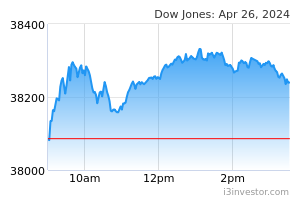Not a week goes by that we do not read some story about computer hackers breaking into some database or compromising some ultra-secret government website. One top-running story this week is how the Internet actually slowed down under the weight of the biggest cyber-attack in its history, but what has that to do with the foreign exchange business? It seems that it is everything. The criminal element in our society is ruthless, well organized, and is technology savvy when it comes to ferreting out financial opportunities, especially when a website handles money of any kind. Websites of a financial nature are designated as such and become instant targets for hackers of all kinds, whether the service is selling a simple product or service or actually dealing directly in the exchange of value, as do forex brokers do in our industry. IT professionals for all brokerage firms must be ever vigilant to block and tackle these crooks, but there is also another nefarious way that illegitimate gains can be drained from the system. Welcome to the world of manipulated arbitrage, or as it has been described in the current press - "toxic order flows". These toxic transactions are nothing new to forex, but word is beginning to leak out from the highly popular binary options market that this phenomenon has spread like a contagion to their neck of the woods. Order flow toxicity is actually a highly technical term that appears in advanced papers dealing with liquidity and the impacts of various types of order flow on market outcomes. Volume Synchronized Probability of INformed Trading, commonly known as VPIN, is a mathematical model used by financial technicians to measure, in this example, how informed traders (i.e., hedge funds or the crooks) can adversely select and impact uninformed traders (i.e., Market makers or forex brokers). The "informed trader" floods the market with automated trades that confuses the broker, causing spreads to widen. When spreads vary markedly between brokers, an arbitrage opportunity presents itself, as long as a high-frequency trading robot is prepared to pounce upon it. The forex industry has had to deal quietly with this type of market manipulation in the back offices over the years, having to freeze accounts often or reverse execution orders, sometimes after the fact, to the chagrin of many customers. The new news is that this activity, as well as hacking execution order data for gain, has now crossed over to the world of binary options. In a related article on this topic, "a major binary options provider has told their broker clients that they have been hit by traders using automatic trading strategies, primary through direct API's, to execute trades at 'off market' prices. Defending themselves from these orders, the binary options provider explained to customers the difficulties with these traders and that going forward such orders would be subject to cancellation and account suspension." It is almost second nature in our society that 99% of us have to buckle under to various punitive rules and business practices because a small 1% is determined to game the system and look for easy gains at the expense of our broker and the rest of us. Some are already viewing this new threat to binary options that this sector of the market is maturing and attracting enough attention to make illegitimate efforts to defraud worthwhile. This notion may be hard to swallow if one of your favorable trades is reversed at a later date with the above excuse given as an explanation. Regardless of toxic order flows, legitimate traders can still profit from binary options. Author bio: | |||||
|
